Building Science 101: A Guide to Making Your Home Comfortable and Energy-Efficient
04.30.2023
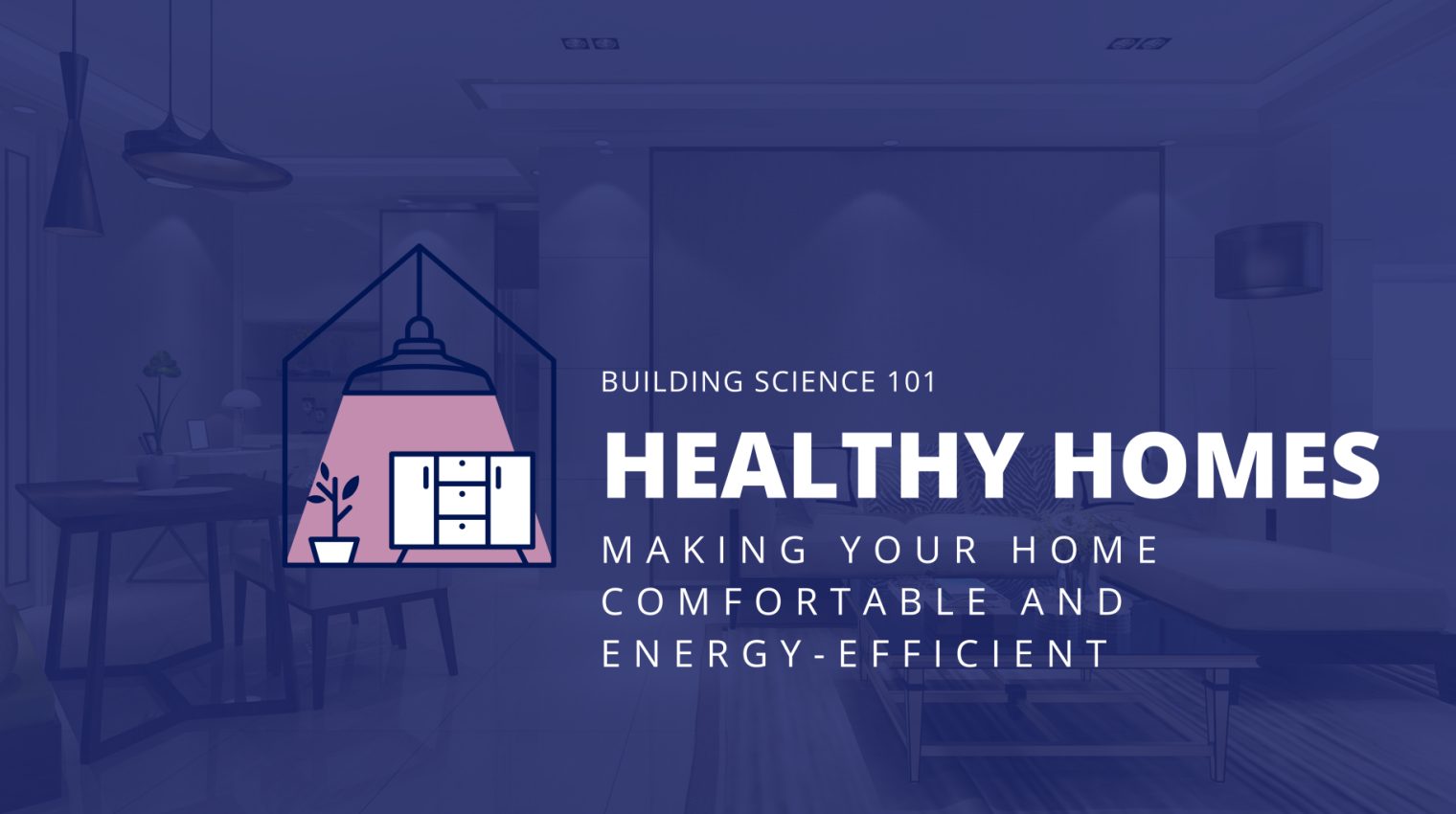
Building science is an interdisciplinary field that combines physics, engineering, and architecture to study the behavior of buildings.
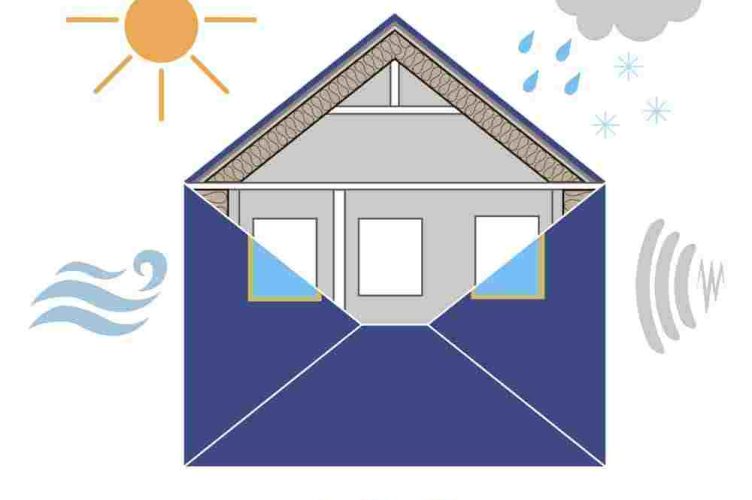
Start with the Envelope
The building envelope consists of the walls, roof, and foundation that separate the interior of the house from the exterior environment. To make your home more energy-efficient, you need to make sure the envelope is tight and well-insulated. This means sealing air leaks, adding insulation, and using materials that reduce heat transfer. Air leakage can significantly increase the heating and cooling loads of the house, making your HVAC system work harder than necessary. Proper insulation helps maintain a steady indoor temperature and decreases heat loss in winter and heat gain in summer.
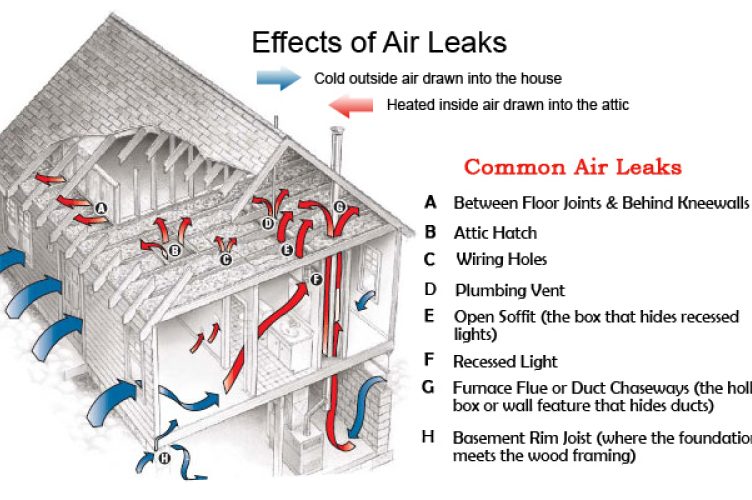
Ventilation Matters
A well-insulated and air-sealed home needs to have proper ventilation to ensure adequate indoor air quality. Without enough fresh air, pollutants, moisture, and odors can build up and create health hazards. There are different types of ventilation systems, such as exhaust-only, supply-only, and balanced systems. Each has its pros and cons, depending on the climate, house size, and occupancy. We help you partner with experienced HVAC contractors to design the right ventilation system for your home.
Choose Efficient HVAC Equipment
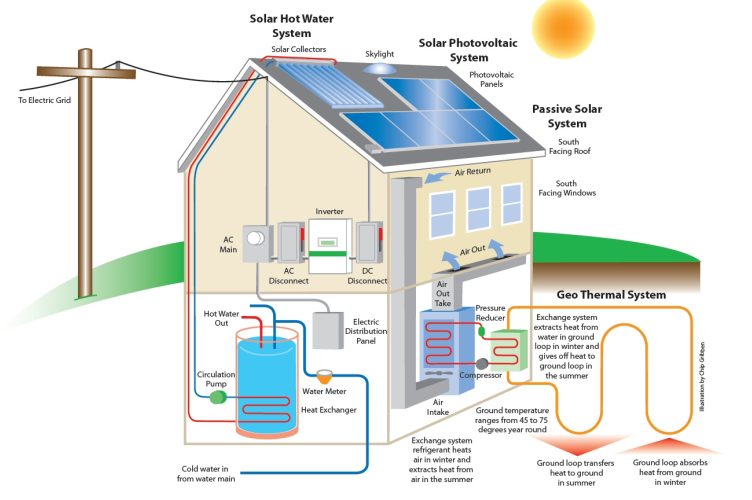
Consider Renewable Energy Options
While improving your home's envelope, ventilation, and HVAC systems can make a big difference in energy savings, it's also worth considering renewable energy options. Solar panels, geothermal systems, and wind turbines can provide clean and sustainable energy for your home. They may require a higher upfront investment than traditional energy sources, but they can pay off in the long run by reducing your dependence on fossil fuels and stabilizing your utility bills. Depending on where you live and the incentives available, you may be able to earn tax credits or rebates for installing renewable energy systems.
Your home is your sanctuary, make sure it's also your energy-efficient oasis.
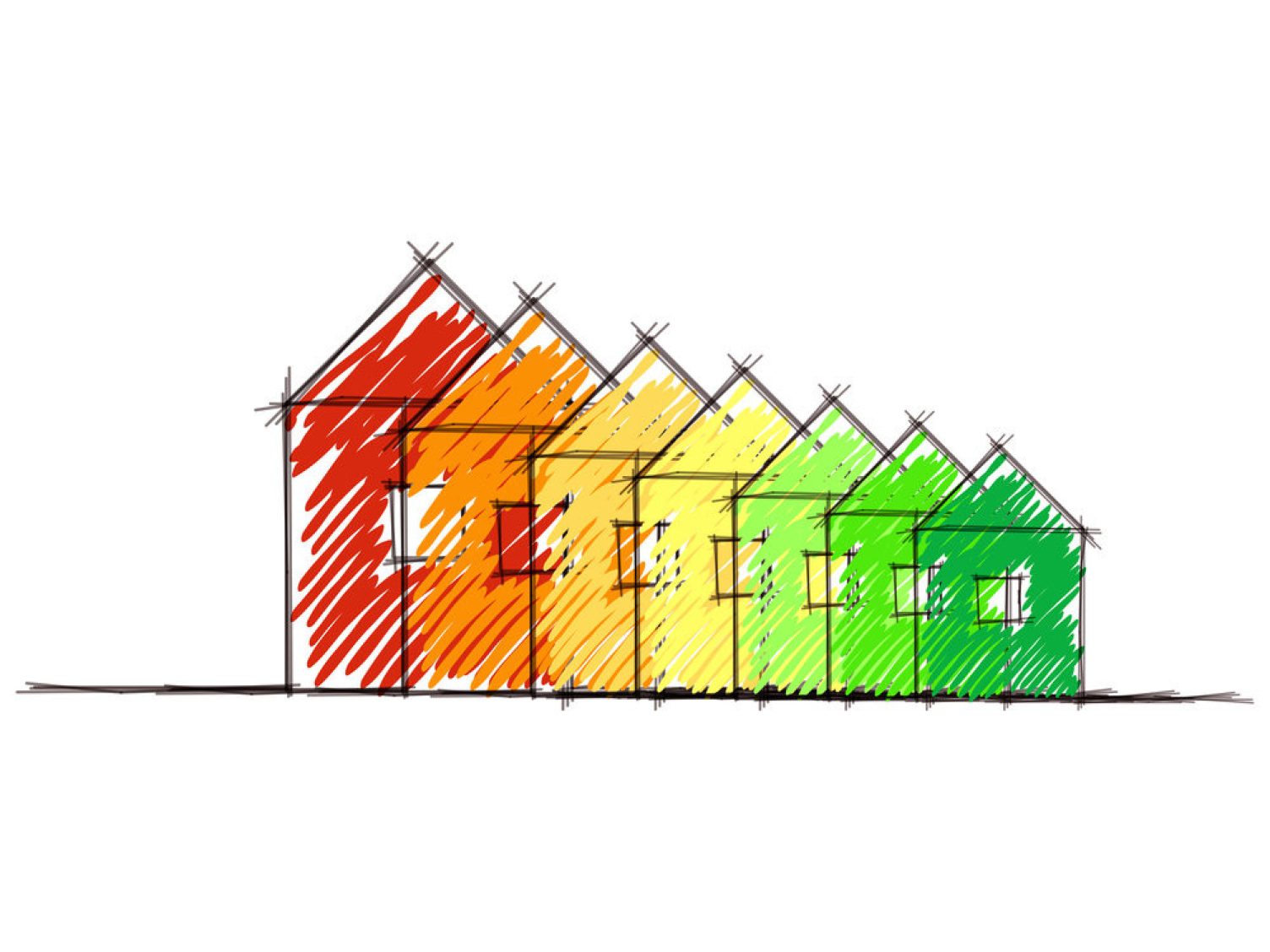
Let's Chat!
Are you interested in discussing some basic principles of building science and how they can help you improve the comfort and energy efficiency of your home? Give us a call at: 707.823.4899 or email info@leffdesignbuild.com
Let's Chat!